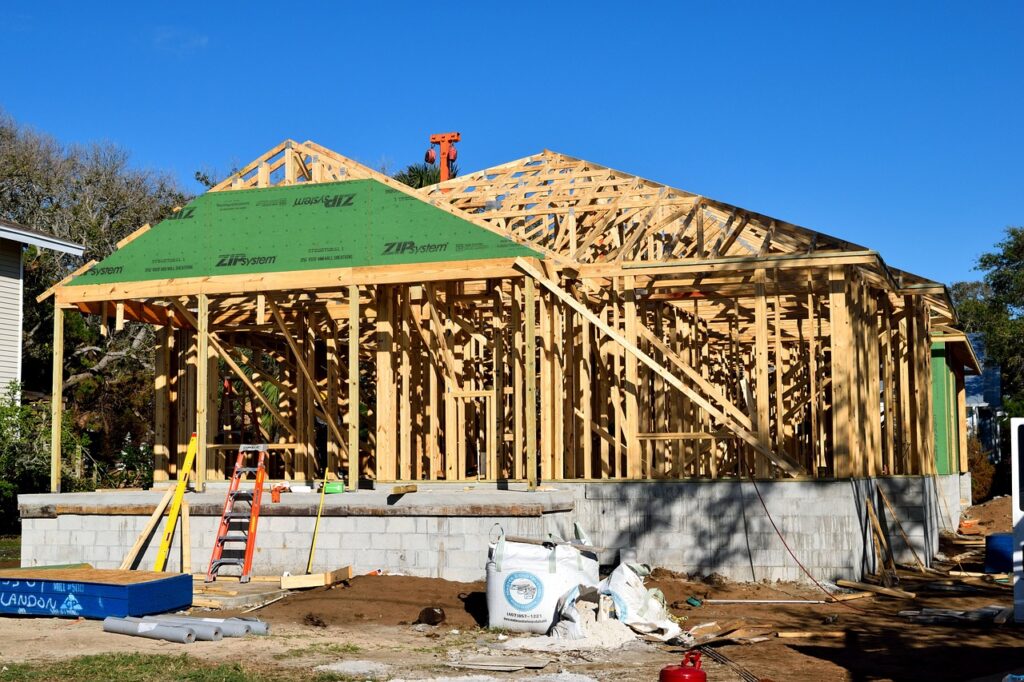An aluminum cladding supplier provides essential materials and services for both residential and commercial building projects, offering durable, lightweight, and weather-resistant panels. These suppliers typically support design, fabrication, and installation, ensuring buildings benefit from modern and efficient exterior solutions.
Choosing the right aluminum cladding supplier means accessing high-quality aluminum composite panels and cladding systems that enhance both aesthetics and performance. Many suppliers in regions like Toronto and the GTA specialize in versatile metal cladding options that meet North American building codes and design flexibility requirements.
Suppliers also offer innovative cladding technologies that replace traditional materials, combining style with long-term durability. From premium panels to custom fabrication, they support projects aiming for a sleek, low-maintenance facade that withstands harsh weather and everyday wear.
Choosing an Aluminum Cladding Supplier
Selecting the right aluminum cladding supplier involves evaluating multiple important aspects that affect product quality, reliability, and project success. Key considerations include product specifications, compliance with industry norms, and supplier background.
Key Factors for Selection
Product quality is critical when choosing a supplier. Buyers should verify material durability, weight, and finish options. Aluminum composite panels, for example, must have strong bonding and corrosion resistance.
Pricing and lead times need careful review to ensure they match project requirements. Suppliers offering a variety of colors and textures enable better design customization.
Customer service and technical support also play a major role. Availability of installation guidance and after-sales service can prevent delays and issues during construction.
Certifications and Industry Standards
Certified suppliers comply with standards such as ASTM, ISO, or EN certifications. These ensure aluminum panels meet safety, performance, and environmental criteria.
Energy efficiency and fire resistance ratings are crucial for building codes and insurance. Look for products tested under these standards.
Environmental certifications, such as recyclability claims, are increasingly relevant. Suppliers with green credentials align better with sustainable building practices.
Supplier Reputation and Experience
Long-term presence in the market often indicates stability and consistent quality. Experienced suppliers understand project complexities and offer tailored solutions.
Reviewing past projects and client references provides insight into reliability and product performance. A supplier known for handling diverse architectural demands offers confidence.
Evaluating manufacturing capabilities and technological innovation also matters. Advanced fabrication techniques contribute to cleaner finishes and durability.
Products and Services Provided
Aluminum cladding suppliers offer a comprehensive range of products and services tailored to meet architectural and performance demands. Their solutions cover material variety, design flexibility, and logistical support to ensure both quality and efficiency throughout the project lifecycle.
Aluminum Cladding Product Range
Suppliers provide various aluminum cladding products, including aluminum composite panels (ACM), extruded aluminum panels, and aluminum plate panels. These materials are chosen for their lightweight nature, durability, and resistance to corrosion and weathering.
Many products come with fire-resistant properties and are suitable for both residential and commercial buildings. Options often include textured or smooth finishes, allowing for different aesthetic and practical applications.
Additionally, panels vary in thickness and size, enabling precise matching with structural requirements. Some manufacturers also offer environmentally friendly and recyclable materials, catering to sustainable building practices.
Customization and Design Options
Customization is a key offering, allowing bespoke solutions based on project specifics. Suppliers can tailor panel dimensions, colors, and surface textures to align with architectural vision.
Advanced coating technologies provide resistance against fading and corrosion while offering a range of color options in matte, gloss, or metallic finishes.
Design flexibility extends to integration with other facade elements, compatibility with different fixing systems, and the possibility to include perforations or patterns for enhanced ventilation or visual interest.
This makes aluminum cladding adaptable for unique building facades, ensuring both functionality and visual coherence.
Delivery and Installation Support
Reliable delivery schedules ensure materials arrive on-site promptly to stay within project timelines. Suppliers often coordinate logistics tailored to the size and nature of the order, including packaging that protects panels during transit.
Installation support typically includes detailed technical documentation, such as fixing guides and material specifications. Some providers offer on-site assistance or connections to experienced contractors familiar with aluminum cladding systems.
This support minimizes installation errors and ensures the cladding performs as intended, maintaining its appearance and durability over time.



